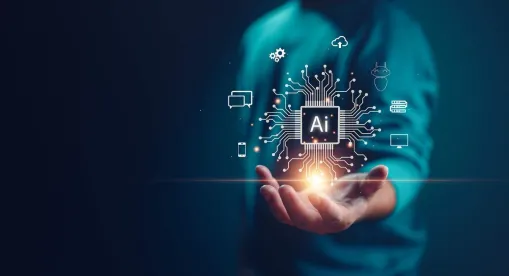With the emergence of artificial intelligence (“AI”) as a viable creative tool (specifically generative natural language programs like Chat GPT and Bard), courts, and the Copyright Office have been challenged in applying the U.S. Copyright Act to the novel situation of AI-created artistic expression.
As The New York Times recently reported, a D.C. federal judge dismissed a case in which the artist, Stephen Thaler, appealed the U.S. Copyright Office’s decision not to grant a copyright registration to an AI-generated artwork he created. The Court held that “human authorship” was a prerequisite to protection under the Copyright Act.
By contrast, in weighing the copyrightability of an AI-created comic book, Zarya of the Dawn, the U.S. Copyright Office has reversed itself. The original application failed to exclude AI-created images in the comic and was canceled. The Copyright Office issued a new certificate excluding the AI art from the claim, but including the human author’s creative expression, namely the text and arrangement of the images, the latter of which was considered an original creation. Notably, the author’s alterations to guide the generative AI process in creating the images in the comic book were not considered sufficient “authorship” by the U.S. Copyright Office.
On the flip side is a pending class action by (once again, human) authors against generative AI platforms based upon these AI tools’ “scraping” the Internet, to use the artists’ work as a basis for generating AI art without the prior consent of the artists. A judge recently expressed skepticism about the viability of the complaint in that case, but it is being amended. Getty Images, on behalf of the photographers it represents, has also sued Stable Diffusion, a popular AI image creator developed by Stability AI. The suit alleges that the program stole a staggering 12 million art works agented by Getty. It remains to be seen if this suit will be treated with the same skepticism as the class action case. As of this writing, Open AI, which is also being sued in a class action that names as a co-defendant its owner, Microsoft, argued to a California federal court that its use of web datasets used to train the program are “fair use,” not unauthorized derivative works. The New York Times is reportedly contemplating a copyright infringement suit against Open AI based upon the program’s use of the newspaper’s reporting.




 />i
/>i

